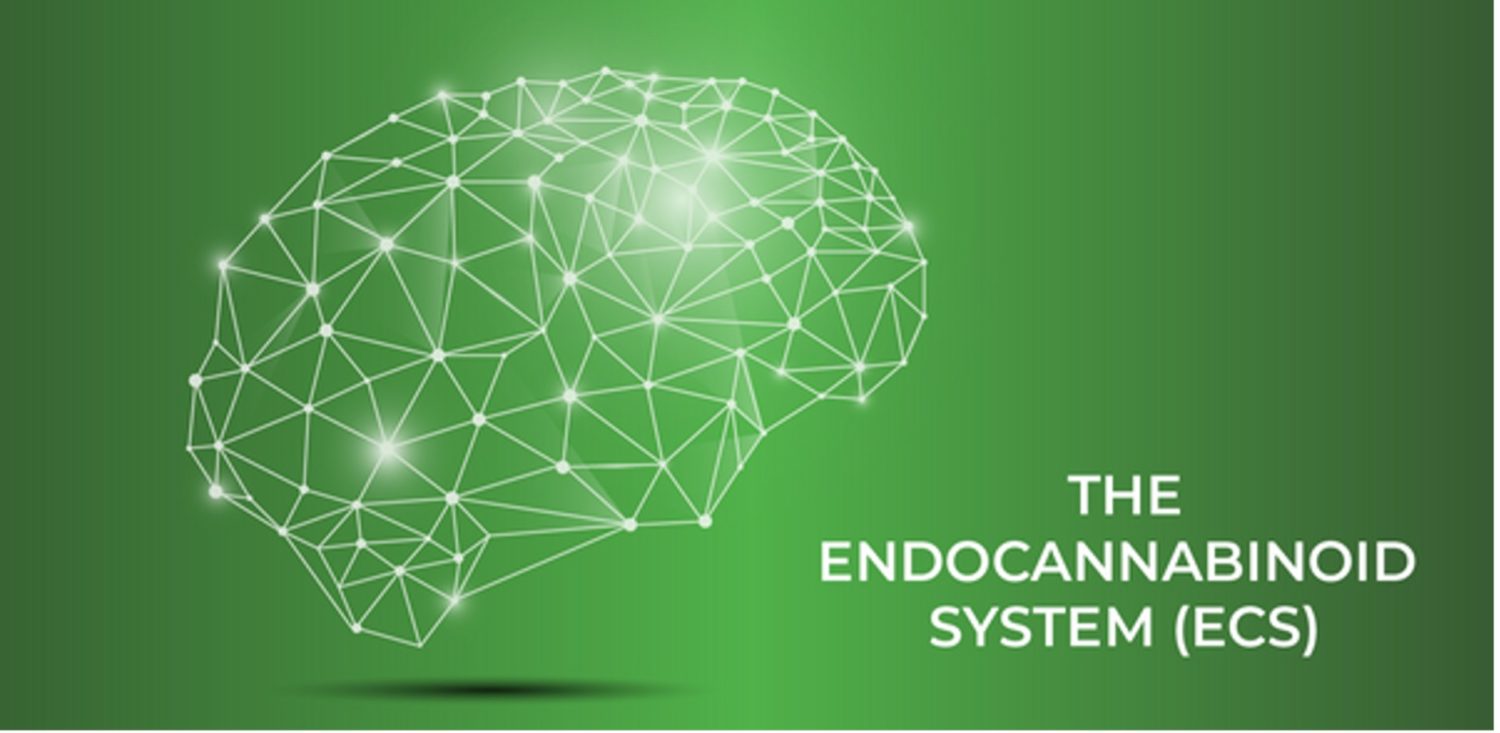
More individuals are becoming aware of the hemp plant and all that it has to offer as the common era progresses. Unbeknownst to many, Delta-8 THC has a helpful sibling. For years, prominent cannabinoids like Delta-9-THC and CBD had the attention.
Delta 8 THC Findings
Since 1975, when scientists first discovered that cannabis may reduce malignant tumors in rats, they have been aware of the potential advantages. At this time, only a small number of people were even aware that Delta 8 THC existed.
Israeli scientists carried out additional research in 1995, which revealed that there were unquestionably some advantages to using Delta-8-THC.
Scientists came to this conclusion after giving Delta-8-THC to young cancer patients who were nauseated from chemotherapy. However, after more than 480 treatments, they learned how it affected nausea.
2018 FARM BILL
All hemp derivatives, isomers, and cannabinoids are lawful as long as the finished product has less than 0.3 percent Delta-9-THC, thanks to the 2018 Farm Bill. A byproduct of hemp and CBD, delta-8-THC is an isomer of CBD.
This cannabinoid, which contains less than 0.3 percent Delta-9-THC, can be discovered in hemp and is also present as a byproduct in Delta Extrax products. Where does Delta-8 now stand? It falls somewhere in the midst of Delta-9, CBD, and hemp.
How Does Delta 8 THC Work?

In a group of more than one hundred naturally occurring cannabinoids, Delta 8 THC is one of the four most significant ones, despite being regarded as a minor cannabinoid native to the cannabis plant.
It provides exceptional advantages that put it halfway between hemp and marijuana, allowing users a point of contact between cannabidiols. Between hemp’s non-intoxicating qualities and the psychoactive qualities of delta-9-THC, there is a medium ground.
DELTA 8 THC
Unfortunately, Delta-8-THC only exists in extremely small amounts, but CBD and Delta-9 are present in very high amounts in both hemp and marijuana. However, since it needs to go through a difficult process that involves extraction, separation, conversion, and refinement, Delta-8 becomes even more precious as a result.
Although the cannabis plant’s most well-known cannabinoid, delta-9 isn’t the sole potent one. It’s true that Delta-8 THC, a beneficial sibling, packs a similar kind of punch but has fewer side effects and a lower psychoactive intensity, which many users may find preferable.
Although Delta-8-THC and Delta-9 THC are related and share many characteristics, there are some significant variances that set the two apart.
Delta 9 THC versus Delta 8 THC
We have compiled a short list of the most significant parallels and differences between Delta-8 THC and Delta- 9THC in order to briefly discuss some of them.
- THC with delta-8 and delta-9 double bonds is present. The 8th carbon chain bond is present in delta-8 THC. The 9th carbon chain bond is present in delta-9 THC.
- Both substances bind to the CB1 receptor, that is in charge of producing psychoactive effects. However, the potency of delta-8-THC is just half that of delta-9 THC. It is frequently present in extremely low amounts that seldom ever exceed 1%. Certain marijuana cultivars have a maximum delta-9 THC content of 25%.
- True, both are regarded as psychotropic substances. In contrast to Delta-9 THC, Delta-8 THC is less strong and, according to user accounts, gives users a different, more lucid feeling.
- Both serve the same goal for both recreational and medical users and have comparable structure, qualities, and uses.
The position of a crucial chemical connection is the primary distinction between the two. The variation in the location of the chemical bond may not seem to make much of a difference, but it has a significant impact on the endocannabinoid system and how receptors bind and respond.
The Endocannabinoid System

The Endocannabinoid System (ECS), for those of you who are unfamiliar, is a system in our body that consists of three components:
- Enzymes, aid in the breakdown of certain cannabinoids and endocannabinoids.
- Endogenous or “endocannabinoids” are cannabinoids derived from cannabis.
- Receptors: Endocannabinoids and cannabinoids bind to these receptors, which are found in the nervous system and body.
Due to a clinical endocannabinoid deficiency, the ECS is connected to a number of diseases (CECD). It is a word used to characterize the dysfunction in the ECS even though it is not a disease. The absence of cannabinoids is thought to contribute to fibromyalgia, IBS, and a number of other illnesses.
However, several researchers are demonstrating the value of cannabis therapies in regaining control of the ECS. The internal system is aided by cannabinoids like CBD, Delta-8-THC, and others by binding to receptors and enzymes to significantly enhance health and wellness.
The Endocannabinoid System and Delta 8 THC
What does Delta-8 do in all of this now that you really are aware of how the ECS plays such a significant part in controlling many bodily processes and functions?
Delta-8-THC binds to the ECS’s CB1 receptors just like Delta-9 THC does. The central nervous system, which controls movement, thought, appetite, short-term memory, pain threshold, and immune cells, is where the CB1 receptors are located.
Delta-8-THC also exhibits comparable qualities that point to a potential interaction with CB2 receptors, albeit there isn’t enough evidence available to say what that association is.
Delta 8 THC FAQS

Can Delta 8 THC Make Me Feel High?
- While we won’t predict your feelings, it is known that this substance is psychotropic. The CB1 receptor is occupied by both Delta-8 and Delta-9, as was previously mentioned in this page. The majority of THC’s psychoactive effects are mediated through the CB1 receptor. However, when compared to Delta-9, Delta-8 is far less effective.
Is Delta 8 THC Legal?
- Otherwise, we wouldn’t be selling Delta-8, so the answer is yes. All isomers, derivatives, and cannabinoids found in hemp are now lawful according to the 2018 Farm Bill, provided that the finished product has less than 0.3 percent Delta-9-THC. Since delta-8-THC is an isomer of CBD, a cannabinoid derived from hemp, it is federally permitted in the United States. But the legality may vary from state to state. Here is a list of places where Delta 8 is permitted.
How Should Delta 8 THC Be Used?
- When it comes to Delta-8-THC, vaping is by far the greatest method. The taste of Delta 8 THC Cartridges adds to the enjoyment of the experience while the absorption rate enables quick delivery.
Conclusion

More people are taking advantage of cannabis’ benefits as a result of the decriminalization of marijuana brought about by some states’ legalization of the drug.
A number of cannabinoids extracted from the hemp plant, including one of the strongest cannabinoids on the market, Delta-8-THC, have been legalized on a federal level, allowing consumers to seek out alternatives.
Advertising disclosure: We may receive compensation for some of the links in our stories. Thank you for supporting LA Weekly and our advertisers.
